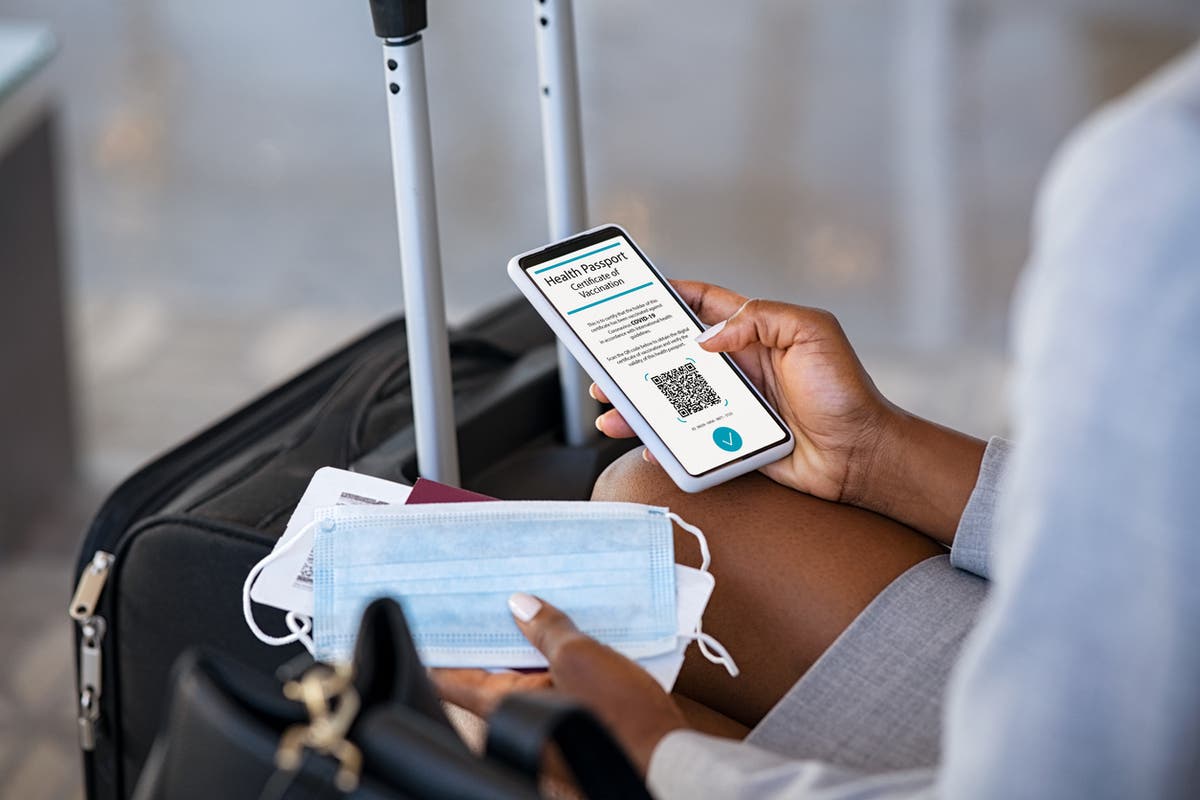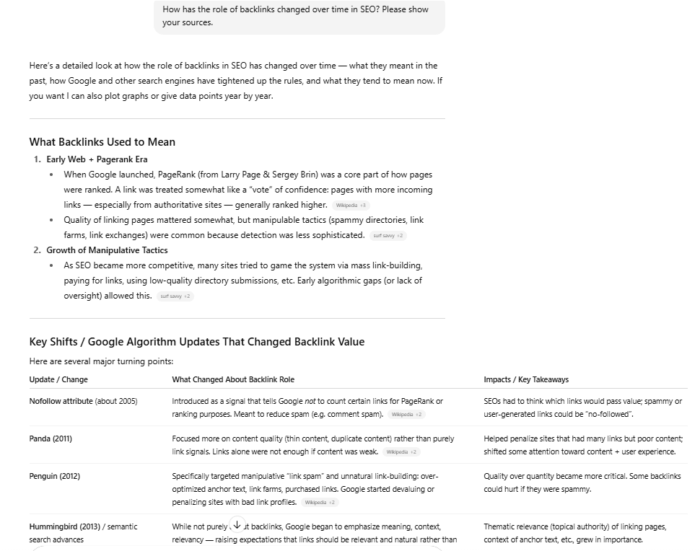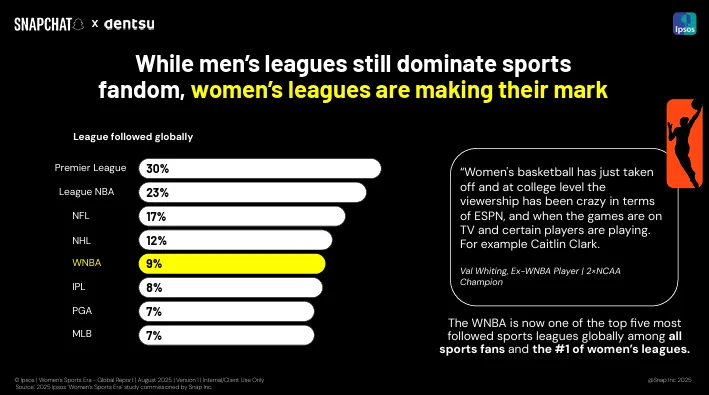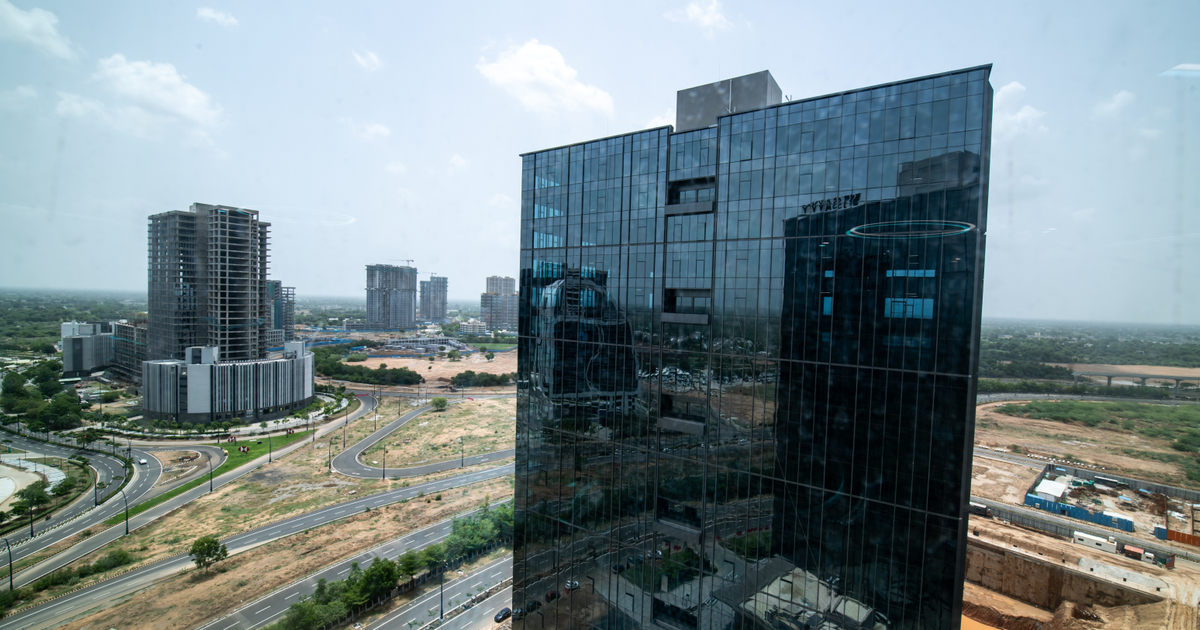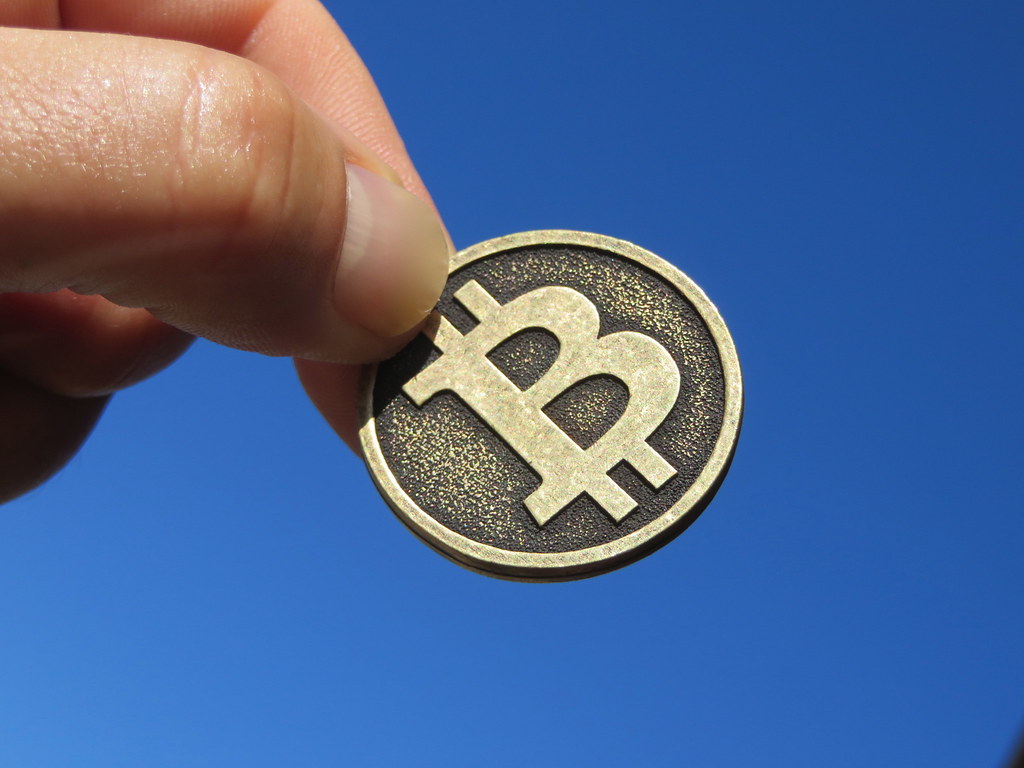As war rages in Ukraine, how will Russia’s invasion affect international travel?
The Man Who Pays His Way: How will Russia’s invasion of Ukraine affect international travel?
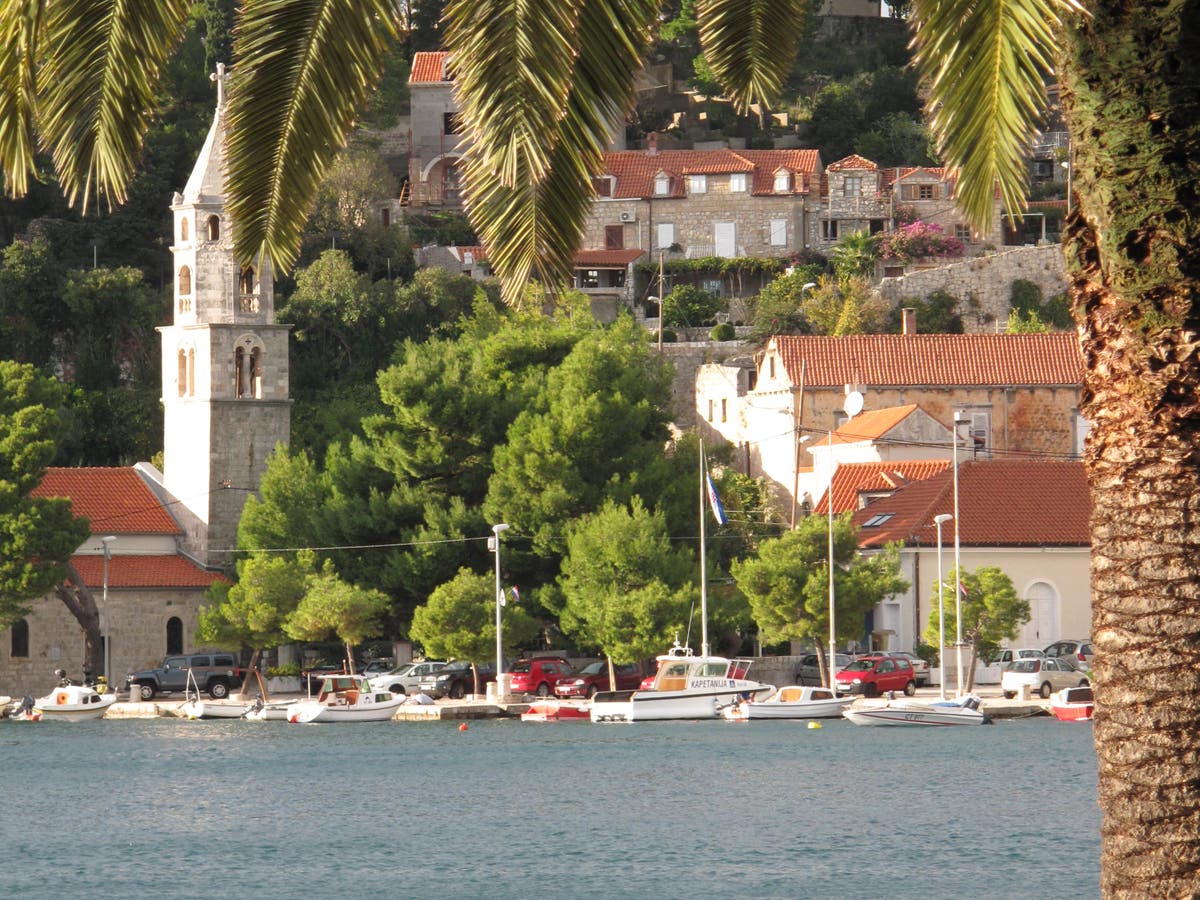
On Friday afternoon, as Russian tanks rolled into Ukraine’s capital, Kyiv, a reader named Elizabeth asked me: “How do you think the events now unfolding will affect future holiday plans?”
At a time when the people of Ukraine are being attacked so brutally by a vast nation intent on destroying democracy, talk of holidays may strike you as inappropriate.
I believe, though, that it is reasonable to analyse the consequences for international travel of Vladimir Putin’s unprovoked attack on a neighbour – while recognising that the immense suffering of the people of Ukraine is rightly the world’s main concern.
In the very short term, a couple of effects of the Kremlin’s brutality are clear: airlines flying between Europe and Asia are having to take longer flight paths. The exclusion of civilian aircraft from airspace over Ukraine, Moldova, and areas bordering Russia and Belarus has been compounded for British Airways and Virgin Atlantic by Moscow banning UK carriers from using the airspace of the world’s biggest country.
That impact is muted as a result of the coronavirus pandemic, with normal flights linking London with Japan, China and Korea already much reduced – or being operated in the same way as my flight last week from Heathrow to Tokyo, a Japan Airlines operation “codeshared” by BA.
More significant is the spike in oil prices. Fuel accounts for a large slice of any airline’s operating costs, and while most are well “hedged” – with forward contracts for fuel at fixed prices – if oil stays high, that will feed through to air fares.
Looking ahead to the summer, though, the main impact is likely to be on travellers’ confidence – as Elizabeth’s question suggests. Julia Lo Bue-Said, chief executive of the Advantage Travel Partnership, says: “It’s far too early to speculate on how the situation will impact trading in the weeks and months ahead.
“We will have to see the extent of how these latest events impact consumer confidence – but let’s not forget how Covid restrictions have suppressed international travel demand. Travel agents remain best placed to help consumers manage any changes that could materialise to booked travel plans.”
One former BA executive, who prefers not to be named, cites the Gulf war, in 1991, for comparison. He tells me: “Saddam Hussein’s threat to international air travel following his defeat in the first Gulf war had a devastating effect on bookings.
“However, Putin largely regards his ongoing dispute with Ukraine through the prism of a domestic issue for Russia, so is unlikely to threaten the wider global travel market.”
But Robert Boyle, the former strategy director of British Airways, interprets the effects differently: “We know from the Gulf war that war can cause suppression of travel even in unaffected areas. US and Japanese tourists avoided western Europe due to its ‘proximity’ to Kuwait.
“Ukraine is in Europe, and therefore likely to cause greater concerns about travelling to the region. Turkey and eastern Europe seem likely to be particularly impacted.”
Which takes me on to the second part of Elizabeth’s question: “We’re just about to book a holiday in Croatia in September, but do we go ahead with our plans?”
Personally, I would not book a September holiday in Croatia or anywhere else right now: partly due to all the uncertainty in the world, but mainly because I am confident there will be plenty of capacity outside the school summer holidays.
A converse argument is that we all need something to look forward to, especially when the world is looking so bleak, and a late summer break on the Adriatic sounds just the job.
In the frankly terrifying event that Ukraine is still afflicted by conflict by then, I should point out that the capitals of Croatia and Ukraine are 620 miles apart, and the two nations are separated by Serbia and Hungary.
The very fact, though, that we are having to consult maps to assess possible threats shows how wide are the effects of Putin’s evil warmongering.
I appreciate that saying “wait and see” is not especially helpful advice for Elizabeth, or for millions of other prospective travellers. But in these dark days, it is my considered conclusion.

 Konoly
Konoly 









